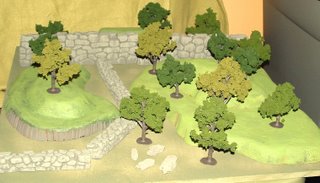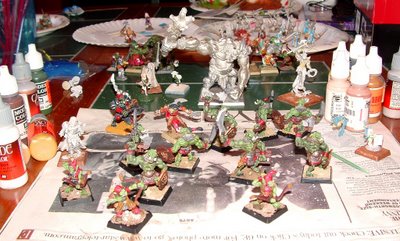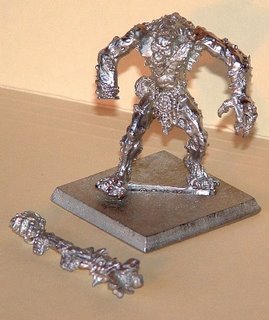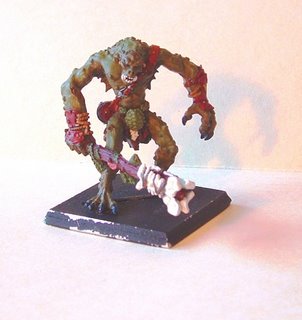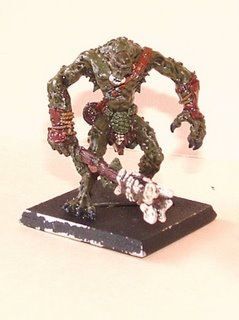Last week, a federal appeals court in Washington handed down an important decision relating to the definition of income for tax purposes. What is important about the decision is that it is the first in decades to say the Constitution itself limits what the government may tax. If upheld by the Supreme Court, it could significantly alter tax policy and possibly open the door to radical reform.
In the case, a woman named Marrita Murphy was awarded a legal settlement that included compensation for physical injury and emotional distress. The former has always been tax-exempt, just like insurance settlements. Obviously, it makes no sense to tax as income the payment for a loss that only makes one whole again; one is not being made better off and therefore there is no income. But under current law, compensation for non-physical injuries is taxed.
Murphy argued that just as compensation for physical injuries only makes one whole after a loss, the same is true of awards for emotional distress. In short, it is not income within the meaning of the 16th Amendment to the Constitution. The appeals court agreed, ruling that Murphy’s award for emotional distress is not income and therefore not taxable.
Tax experts immediately recognized the far-reaching implications of this decision for other areas of tax law. Tax protesters have long argued that the 16th Amendment does not grant the federal government the power to tax every single receipt that it deems to be income. Yet, in practice, that is what the Internal Revenue Service does.
The problem is that the very concept of income has never been defined in the tax law. It is pretty much whatever the IRS says it is. Tax analysts generally use a definition devised by two economists, Robert Haig and Henry Simons, which says that income consists of consumption plus the change in net worth between two points in time.
But the Haig-Simons definition goes far beyond that of the tax law. Most important, it includes unrealized capital gains. There also is no room in the Haig-Simons definition for things like 401(k) plans, IRA accounts, or other retirement savings, nor for lower tax rates on realized capital gains.
Under Haig-Simons, owner-occupied homes would be treated as businesses, with homeowners taxed on the implicit rent they pay to themselves, less depreciation. And if your home’s value increases over the course of a year, Haig-Simons implies that you should pay taxes on this event, even if you don’t sell your house.
Clearly, the IRS is not going to tax any of these events, nor would Congress allow it to do so. But because tax analysts implicitly accept the Haig-Simons definition of income, even though it appears nowhere in law, there has been a long-term tendency for the IRS to push the limit of what can be considered taxable income.
Now, a federal court has said there is a constitutional limit.
I would like to see the court go further in regards to the question of whether interest constitutes income. To economists, some portion of the interest we receive on our savings is merely compensation for loss — loss of the immediate enjoyment we would receive if we consumed our income today instead of saving it.
Think of it this way. Would you be satisfied receiving your paycheck a year from now instead of on payday? Of course not. You would be suffering a real loss if you had to wait a year to get paid for your work. But if you were offered, say, 10 percent more in a year, you might be okay with this. Collectively, our willingness to put off consumption today for greater consumption in the future is what determines the pure rate of interest.
But in the view of many great economists, such as John Stuart Mill, the future interest one receives is merely compensation for the loss of immediate satisfaction. Therefore, it is not income, and something more like an insurance settlement that simply makes us whole.
Obviously, market interest rates are more than simple discounts between the present and future, as my example implies. Interest rates also represent a return to risk and an adjustment for expected inflation. In principle, however, some portion of interest is the compensation for loss, and therefore not income.
Given the logic of the Murphy decision, it is quite possible that the risk-free, inflation-adjusted rate of interest could also be excluded from taxation on constitutional grounds. Following through on this logic consistently would revolutionize taxation and eventually lead to a pure consumption tax, which most modern economists favor.
I’m not predicting the Supreme Court will follow this logic. But for tax analysts, it does represent the opening of an interesting possibility.
